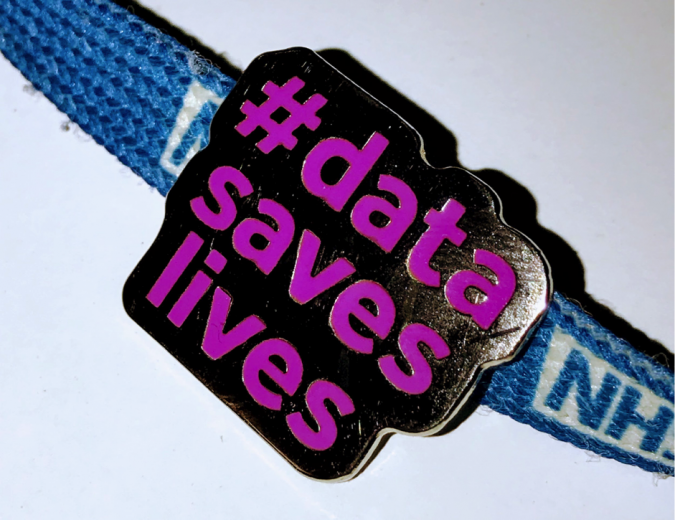Empowering and engaging patients in the digital era
Posted on 18 January 2018
Empowering and engaging patients in the digital era
 By Gary Leeming, University of Manchester.
By Gary Leeming, University of Manchester.
The European Federation for Medical Informatics (EFMI) is the leading European organisation for medical informatics in Europe, representing 32 countries. Each year the Special Topic Conference (STC) is an opportunity to look in more detail at a specific area of research. Held in Tel Aviv, the 2017 conference's topic was "The practice of patient centered care: empowering and engaging patients in the digital era".
In their own words: "This conference will provide a platform for researchers, data scientists, practitioners, decision makers and entrepreneurs to discuss ways for sustainable and inclusive digital health innovations aimed at patient's/consumer's engagement and empowerment." Welcome Letter | STC 2017
In line with this objective the conference, held on a single day, was a fantastic opportunity to learn more about engaging patients in their own care and participating in research, and to present the work we have been doing here in Manchester with our own Public Experience Group (PEG).
The keynote presentation by Dr Kira Radinsky, chief scientist at eBay and a visiting professor at Technion, Israel, was on the challenge of identifying causation versus correlation in big data analytics. Dr Radinsky gave many examples from health, in particular around identifying potential cholera outbreaks, and the challenge of getting evidence for "algorithmic healthcare" accepted by healthcare professionals. This is a challenge I am also looking at with National Institute for Health and Care Excellence (NICE).
Working with the PEG, I have become more convinced of the benefits of user-participatory design as a means of generating ideas and insight that do not normally occur in the development of software when it is kept behind closed doors. Developing a programme to exchange patient data across Greater Manchester it is critical that the patient voice, and frustrations with the current system, are heard and incorporated into the design of any solution. This is also important when it comes to how the data are then used, whether it is for direct care or for further analysis.
I presented the paper I have written with Dr Sarah Thew on the influence and impact of the PEG on our programme, and on how we have used the PEG for other projects such as working with companies and helping to judge the outcomes of a hackday we ran in partnership with Salford Royal. I should also point out that the paper was also reviewed by all the members of the PEG. There was interest in our approach to recruitment of the group, where we made special effort to ensure that it was representative of all areas of Greater Manchester.
The presentation from Dr Eugenia Lamas of INSERM, Paris was particularly interesting in terms of how they are looking to extend this idea to research, with insight from projects like Patients Like Me and Carenity. In the paper they describe a new approach to patients being empowered to lead research rather than being passive. Patients can help to identify new targets and opportunities, as well as be a part of creating a richer corpus of data by blending social media approaches with new methods of research. There are challenges of ethics and possible bias in such studies but enabling patients in a "bottom-up" approach to creating data, with the right tools, will be important in enabling future, more personalised, health research
Other presentations looked at the effectiveness of providing parents with live accident and emergency (A&E) information so they can choose the best hospital to go to in an emergency; a patient-centred approach for designing a patient portal implementation, in particular looking the socio-technical drivers behind variation of adoption across different geographic areas in Sweden; the role of nursing informatics as a career path; and how over 20 years of data is being used in Israel to support data-driven innovation and health policy. The full proceedings and papers are available in an open access journal.
Overall the conference was an interesting insight into the variety of approaches and opportunities for software to link across research, healthcare professionals, patients and their families. Digital health remains a relatively new area with its own challenges, especially around privacy and governance, which can vary between countries. Projects such as Connected Health Cities, in the North of England, have a large citizen engagement and privacy component, which they have explored with citizen juries and support for the #datasaveslives campaign. The role of engaging and informing citizens about their health and care through digital means will be critical over the next decade with through the role of digital communities and easier access to software.
 Tel Aviv at sunset
Tel Aviv at sunset

